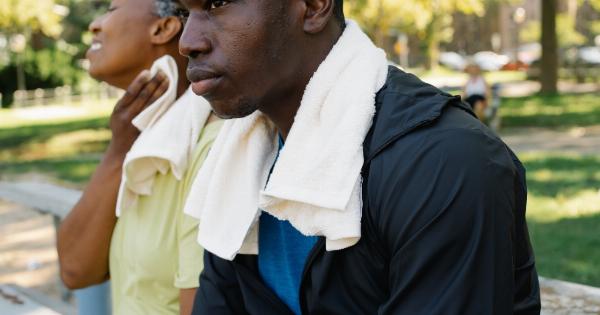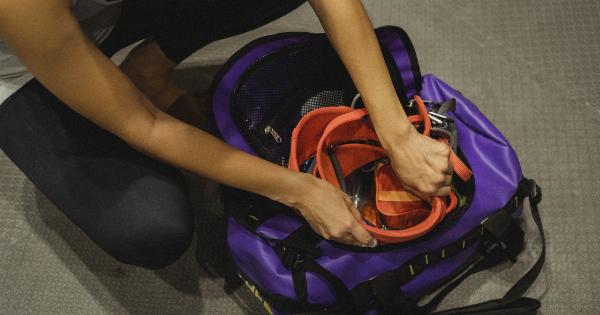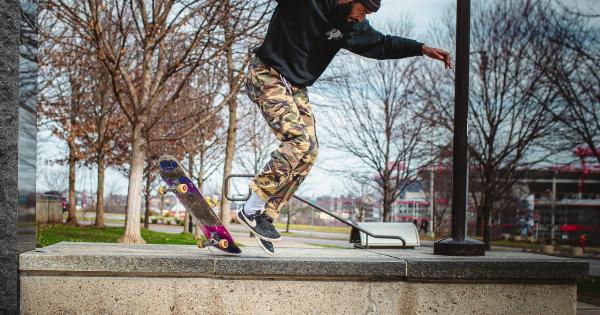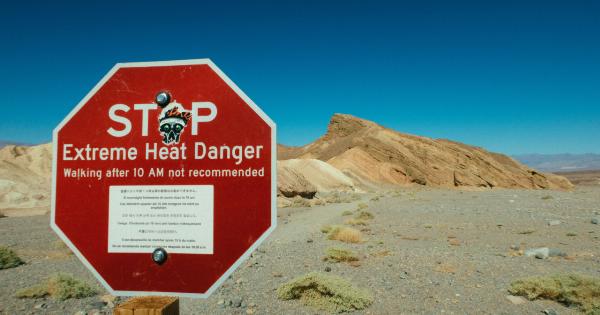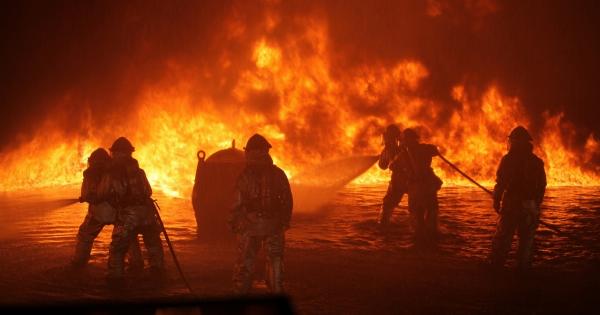As temperatures climb, it’s important to protect ourselves from the effects of extreme heat. This is especially true for vulnerable groups, including the elderly, those with chronic illnesses, pregnant women, and young children.
Here are some tips for staying safe in the heat:.
Stay Hydrated
Dehydration can occur quickly in hot weather. It’s important to drink plenty of water throughout the day, even when you don’t feel thirsty. Avoid drinks that contain caffeine or alcohol, as they can actually dehydrate you.
If you have a medical condition that restricts your fluid intake, talk to your doctor about how much water you should be drinking.
Avoid the Hottest Parts of the Day
The sun’s rays are strongest between 10am and 4pm. Try to stay indoors or in the shade during these hours. If you must be outside, wear a wide-brimmed hat, sunglasses, and lightweight, loose-fitting clothing.
Don’t forget to apply sunscreen with SPF 30 or higher.
Cool Down
If you feel overheated, take a cool shower or bath. Use a fan or air conditioning to cool down your living space. You can also use a damp cloth or ice pack on your forehead, neck, or wrists to help bring down your body temperature.
Be Careful with Exercise
Exercise is important for staying healthy, but in hot weather, it’s important to take extra precautions. Avoid exercising outdoors during the hottest parts of the day. Wear lightweight, moisture-wicking clothing and stay hydrated.
Listen to your body – if you start feeling dizzy or lightheaded, take a break.
Check on Others
If you have elderly or chronically ill loved ones, check on them regularly during hot weather. Make sure they are drinking enough water and have access to air conditioning or a fan.
If they don’t have air conditioning and it’s too hot to stay in their home, help them find a cool place to go, such as a public library or community center.
Know the Signs of Heat Exhaustion and Heat Stroke
Heat exhaustion is a milder form of heat-related illness that can lead to heat stroke if untreated. Symptoms of heat exhaustion include heavy sweating, weakness, dizziness, headaches, and nausea.
If you experience these symptoms, move to a cool place, drink water, and rest. If symptoms persist or worsen, seek medical attention. Heat stroke is a medical emergency that requires immediate treatment. Symptoms include a high body temperature (above 103°F), confusion, rapid heartbeat, and loss of consciousness.
If you or someone else is experiencing symptoms of heat stroke, call 911 right away.
Take Precautions Indoors
Even if you’re indoors, it’s important to take precautions during hot weather. Keep your living space cool by using air conditioning, fans, or window coverings. Avoid using the oven or stove, which can heat up your home.
If you have to cook, use a microwave or opt for cold meals like salads or sandwiches.
Stay Informed
Keep an eye on the weather forecast, especially during heat waves. Stay informed about any potential health risks in your area.
Check on local news and social media for updates and information about cooling centers or other resources available to vulnerable groups.
Stay Safe This Summer
By taking these simple precautions, you can protect yourself and your loved ones from the effects of extreme heat. Stay hydrated, stay cool, and stay informed. With a little bit of planning, you can enjoy a safe and healthy summer.




